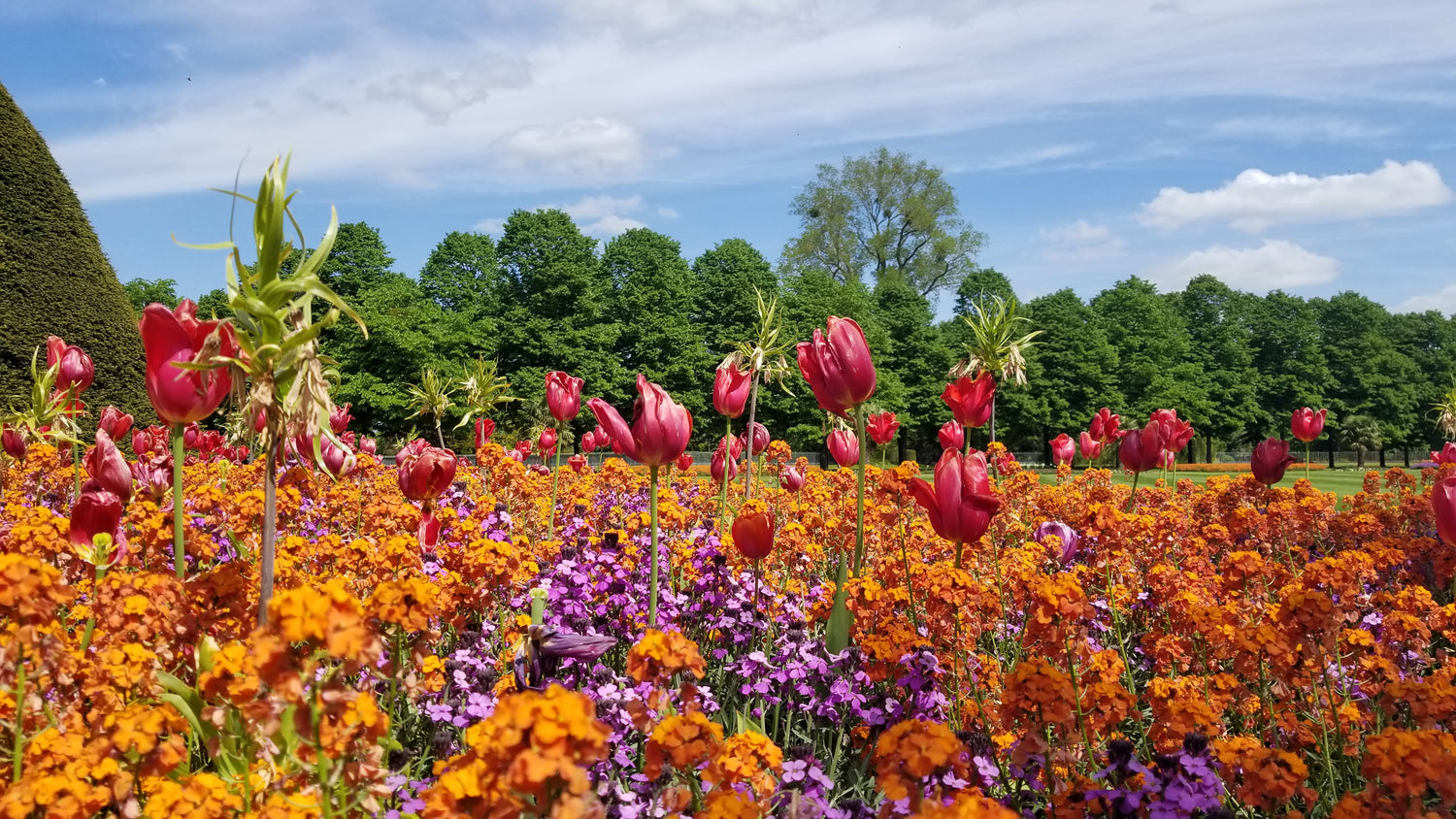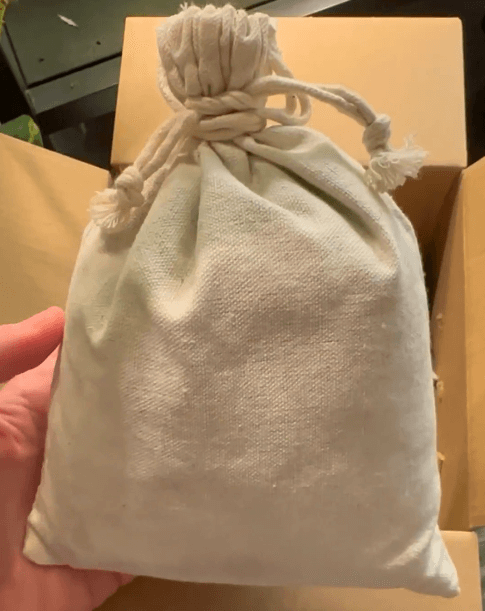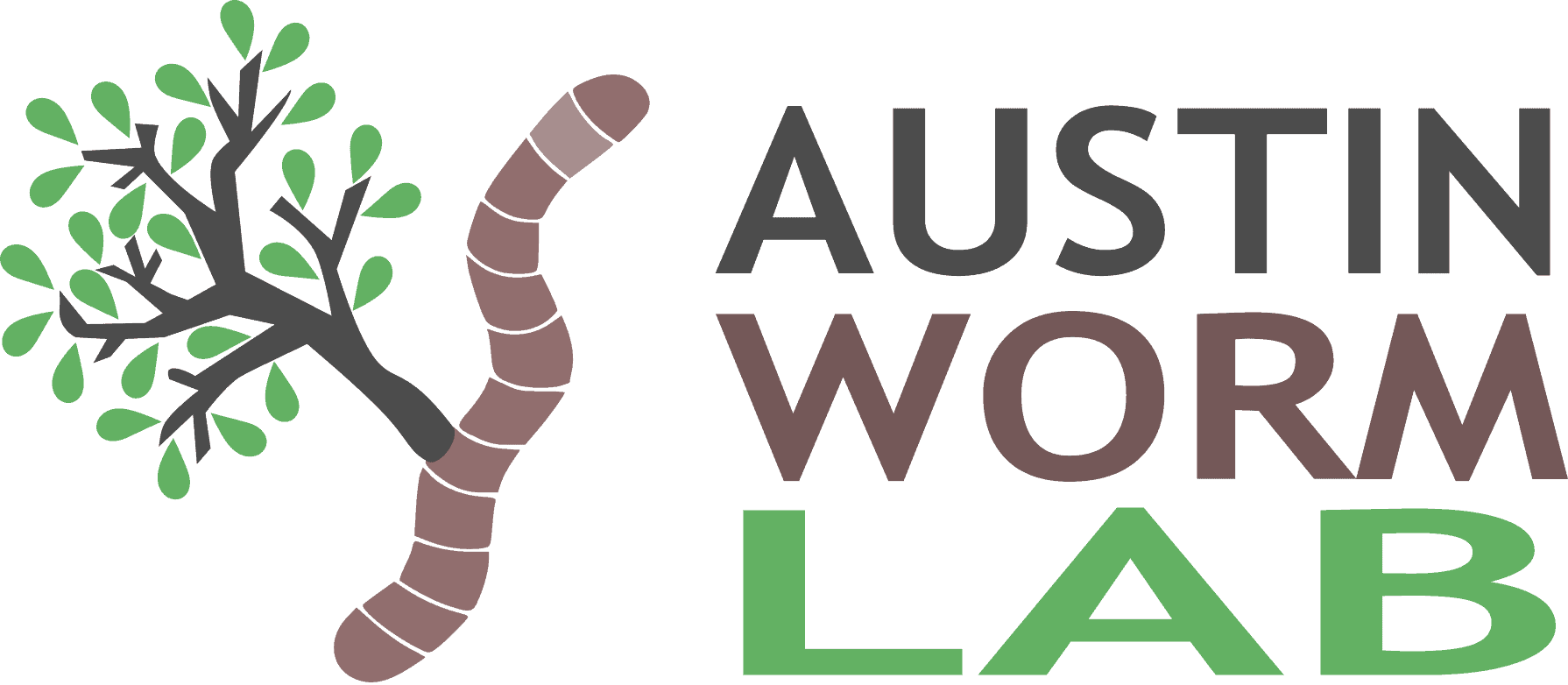austinwormlab
Composting Worms - WHOLESALE
Composting Worms - WHOLESALE
Couldn't load pickup availability






What to Feed and What to NOT Feed
Nitrogen Rich Material (Greens)
- Most fruits and vegetable scraps or whole
- Apple
- Strawberry
- Banana
- Avocado
- Melons
- Bell pepper
- Berries
- Salad veggies and greens
- Eggshells
- Tea bags and spent Coffee Grounds
Carbon Rich Material (Browns)
- Card Board, Paper and Newspaper (non gloss print)
- Aged Animal Manure
- Leaves
- Potting Soils (that contain nonsynthetic fertilizers)
- Finished Compost
- Coco coir
- Peat moss
- Paper Coffee filters
Feed in Moderation
- Citrus
- Onions
- Garlic
- Breads and pasta
- Cereals
Don't Feed These
- Yard trimming if treated with pesticides
- Meat bones and fat (technically you can but we don't recommend this as it will produce stronger odors)
- Human or pet waste

Live worms guaranteed
We send our worms with priority shipping! We want our worms to arrive happy and healthy to their new home. If for any reason they do not, contact us within two days of arrival and we will send a replacement.

How do we ship our worms?
We ship priority mail! We prioritize shipping to ensure worms arrive quickly and in great condition. Packed in breathable canvas bags with moist coco coir for better moisture retention, our worms stay lively during transit. We also add ventilation holes in the box for airflow. Orders ship within 2 business days; weekend orders go out early the following week. If weather conditions are risky, we’ll notify you of any delays.
Why are they called "compost worms"?
-
Top Feeders (Epigeic)
The reason these worms are great for composting is that they love to hang out in the top area of the soil and eat a large quantity of organic matter. They're part of nature's clean up crew, and good news for us, they also love to clean-up our food scraps!
-
They make Compost! Specifically Vermicompost (which is better! way better!)
Check out our worm castingsThe real reason they're called compost worms is that they make vermicompost. Except--all worms make compost? Yes, but these worms make compost faster. They love to eat and they love to eat what we've got to offer. The reason the "red worm" is so popular for composting is that it is fantastic at breaking down our food scraps and turning them into rich organic fertilizer aka worm castings. Want to see the finished product?






